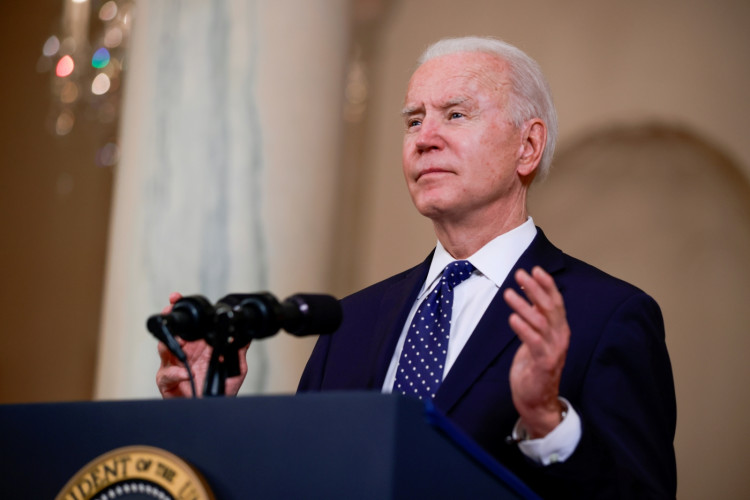President Joe Biden's announcement of a cease-fire proposal from Israel has been called into question by a senior Israeli official, adding to the complexities of the ongoing conflict and diplomatic efforts. The dispute centers around the terms of the proposed truce and highlights the tensions between the U.S. and its ally, Israel, over the path to peace in the region.
In a surprise announcement on Friday, President Biden detailed what he described as an Israeli proposal for a cease-fire that had been communicated to Hamas through mediators. However, a senior Israeli official has since contested Biden's account, stating that Israel has not agreed to fully withdraw its troops from Gaza as part of the deal.
"Israel has not changed its conditions to reach a permanent cease-fire. That will only happen after our objectives are met, including destroying Hamas's military and governing capabilities," the official told NBC News. This statement underscores the ongoing Israeli commitment to their military objectives before any permanent cease-fire can be considered.
The official also clarified that while the White House presented the plan as an Israeli initiative, it was actually a proposal put forward by mediators to which Israel had made amendments. "It's strange that they say it's an Israeli proposal and at the same time that Israel needs to agree to it," the official added, indicating a misalignment in communication and understanding between the two nations.
A U.S. official responded by reiterating that Biden had outlined the proposal as offered by Israel but acknowledged the internal pressures Netanyahu faces from his coalition, including far-right ministers who threaten to destabilize his government if he agrees to the cease-fire terms as presented.
Biden's speech on Friday framed the cease-fire proposal as a comprehensive plan that would ultimately lead to a permanent truce in Gaza. According to Biden, the three-part plan includes the withdrawal of Israeli forces from all populated areas of Gaza, the release of hostages held by Hamas, and a six-week complete truce. This proposal was passed to Hamas through Qatari mediators, who have been instrumental in facilitating communication between the parties.
While Biden's announcement aimed to signal a step towards peace, it has intensified the political pressures on Israeli Prime Minister Benjamin Netanyahu. Right-wing ministers in Netanyahu's coalition have threatened to withdraw their support if he agrees to the cease-fire, further complicating his political calculus.
Meanwhile, families of Israeli hostages have amplified their calls for the government to secure the release of their loved ones. Rachel Goldberg-Polin, whose son Hersh has been held in Gaza since October 7, expressed cautious optimism following Biden's speech. "You can't count your hostages until they are home and you are hugging them," she told NBC News, highlighting the emotional toll on families waiting for the safe return of their relatives.
The Biden administration has continued its diplomatic push, with Secretary of State Antony Blinken commending Israel for the proposal and emphasizing that the next step lies with Hamas. In conversations with Israeli officials, Blinken stressed the importance of the cease-fire proposal and urged them to remain committed to the plan.
However, Prime Minister Netanyahu has reportedly indicated that there are significant "gaps" between the Israeli proposal and Biden's description of it. In a closed-door meeting with Knesset members, Netanyahu stated, "The proposal that Biden presented is incomplete. The war will stop in order to bring hostages back, and afterward, we will hold discussions. There are other details that the U.S. president did not present to the public."




